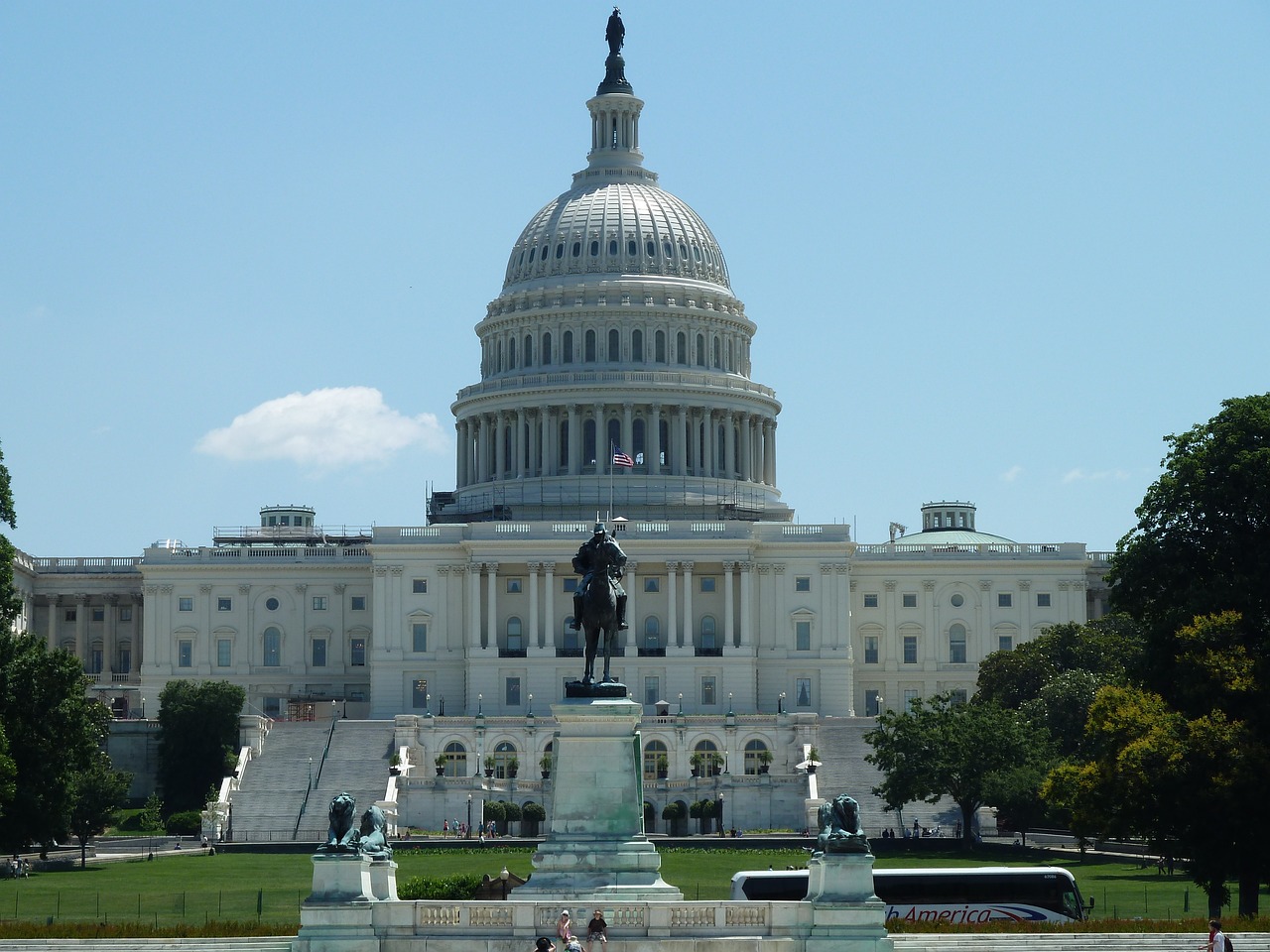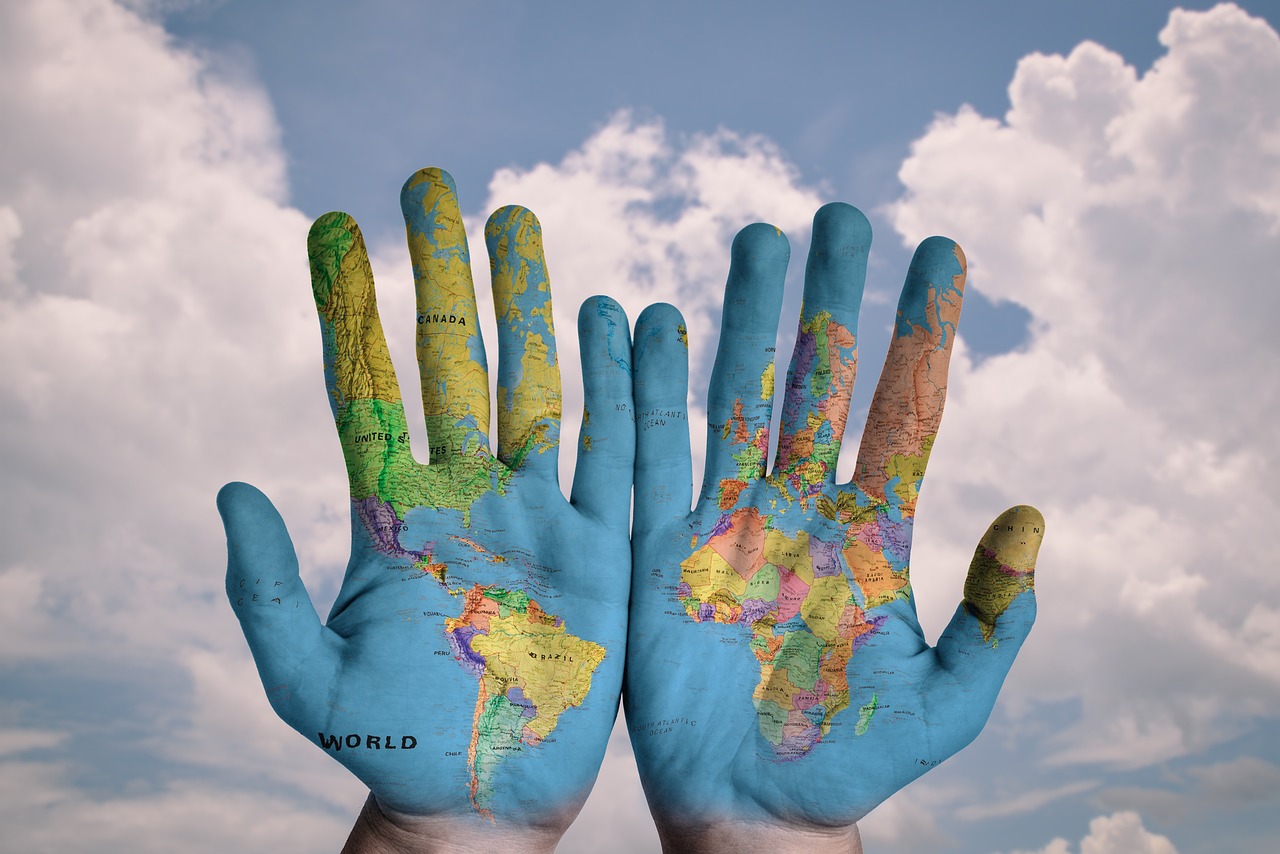Member's Opinions
NOTICE:
The following articles are opinion pieces, also known as op-eds, which are articles where the author expresses their personal viewpoint or interpretation of a specific topic. They differ from news articles by being subjective, persuasive, topical, and clear in their argument. Opinion pieces aim to persuade readers to consider the authors viewpoint through evidence, reasoning, and emotional appeals. They are typically written with the authors voice and personality, and often conclude with a call to action. Examples of opinion piece topics include political opinions, social issues, cultural commentary, and personal reflection

- Details
- By Sæbjörn Leafslayer
- Category: Opinions
- 701
The question of whether a U.S. president, including Donald Trump, could assume dictatorial powers is a complex one that touches on constitutional law, political systems, and historical context. Here's an analysis of the factors involved:
Read more: Analyzing the Possibility of a U.S. President Assuming Dictatorial Powers

- Details
- By Sæbjörn Leafslayer
- Category: Opinions
- 747
The idea that we are living in the "end of times" is a concept derived from interpretations of biblical prophecy, particularly in books like Revelation, Daniel, Matthew 24, and 2 Thessalonians. While many people believe that current events align with these prophecies, it is important to approach this topic with context and balance. Here's an overview:
Read more: Navigating the Biblical End Times: A Balanced Perspective

- Details
- By Sæbjörn Leafslayer
- Category: Opinions
- 691
The Agenda 21 conspiracy theory revolves around the belief that a United Nations (UN) resolution called Agenda 21 is part of a plot to establish a global authoritarian regime, seize private property, and restrict individual freedoms under the guise of environmentalism and sustainable development. However, this theory is widely debunked and misrepresents the actual intent of Agenda 21. Here's a breakdown:
Read more: Debunking the Agenda 21 Global Conspiracy: Separating Fact from Fiction

- Details
- By Sæbjörn Leafslayer
- Category: Opinions
- 1318
The "New World Order" (NWO) conspiracy theory posits the existence of a secretive and powerful elite aiming to establish a global authoritarian government. While interpretations and specifics vary, key elements often include:
Read more: Debunking the New World Order Conspiracy Theory: Evidence and Critique

- Details
- By Sæbjörn Leafslayer
- Category: Opinions
- 750
Determining whether a story is propaganda involves analyzing its content, presentation, intent, and sources. Propaganda often aims to influence public opinion, promote a specific agenda, or manipulate perceptions, rather than inform objectively. Here are key steps to help identify propaganda:
Read more: Uncovering Propaganda: A Guide to Analyzing News Stories

- Details
- By Sæbjörn Leafslayer
- Category: Opinions
- 543
It’s natural to feel that today might be the "worst time in history," especially given the intensity of global news cycles, social media, and ongoing challenges like climate change, political polarization, and economic instability. However, when we look at human history, today's challenges fit into a broader context of hardship, resilience, and progress. Here’s a breakdown of why today might feel uniquely challenging—and whether it truly is the worst time in history.
